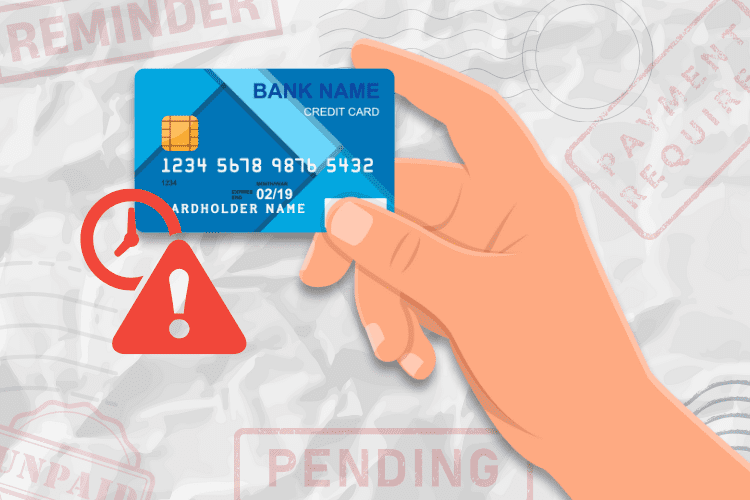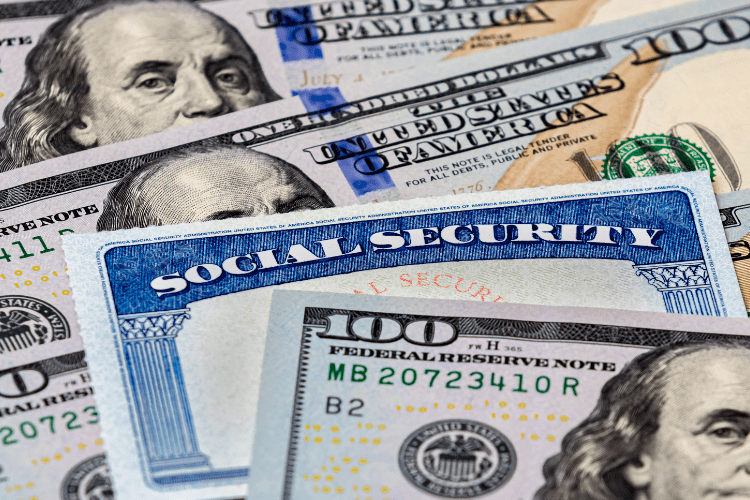Understanding The 3 Main Expenses in Your Life

When it comes to your personal finances, it’s important to understand where your money’s going. Having a better understanding of your expenses is a great way to improve your financial situation. Not only should you know how you’re spending your money, but you should also understand the different types of spending to know how to overcome some of those drastic spending habits or improve them.
Let’s go over the three expenses you likely have and how to prepare for them!
1. Fixed Expenses (Non-Discretionary)
Fixed expenses are the most predictable because you know they’re coming and are what you pay monthly, at the same time and amount every month. There’s little to no room for negotiation on these expenses, which are also non-discretionary expenses. These are expenses like your rent or mortgage, car payment, or your phone and internet bills. Credit card payments can also be considered fixed as they require a minimum monthly payment. Your fixed expenses are at the base of your spending because you already know when you need to pay them and how much they will cost. All budgets start here.
How To Prepare or Improve on Your Fixed Expenses
The best way to prepare for your fixed expenses is to put them first in your budget so they’ll be at the top of your mind, as these are the expenses you work to pay each month. Having a clean budget at the start of every month is a great way to start! Check each expense off as it gets paid and start over again the following month.
The only way to improve your fixed expenses is to eliminate one or more of them. Some of us can look forward to not having a mortgage after about 30 years. Others of us are fortunate not to have a car payment at some point in life. The point is, only when the expense is completely paid for or eliminated from your life in some way are you able to improve in that area.
2. Periodic Expenses
Periodic expenses are expenses that are also predictable as fixed expenses, but you don’t pay them as frequently, and they may not be the same amount every time. We may incur periodic expenses bi-monthly, quarterly, every six months, or even once a year. Some examples are oil changes, vacation expenses, or yearly subscriptions. These expenses may not have to be paid frequently but are still necessary line items to have on your budget.
How To Prepare or Improve on Your Periodic Expenses
Periodic expenses are just as necessary as fixed expenses; you just need to prepare for them when you know they’re approaching. Even if you’ve eliminated the car payment from your life, it’s still necessary to have regular maintenance on the vehicle, so the oil changes are necessary. Some of us have one or more vacations a year. The only thing you can do is to prepare in advance.
Since periodic expenses are not as frequent as fixed payments, one way to prepare is to begin saving at the beginning of the year. Add these expenses to your budget and start saving a little each month to account for them so they’ll be easier to manage throughout the year.
3. Variable Expenses (Discretionary)
Variable expenses are expenses that are not fixed expenses but may or may not be necessary. These are expenses that may not be consistent in how often they are paid and may be in varied amounts. The best thing about variable expenses is that they’re more controllable, which is why they’re also considered discretionary expenses. While there’s not as much control with fixed or periodic expenses, variable expenses allow you more wiggle room so that you have more control over how much you spend.
Examples of variable expenses are grocery bills, clothing, and leisure or recreational spending. Some expenses we may pay month to month on a recurring basis that some would consider fixed could also be variable expenses. These would be expenses like streaming services, the electricity bill, or gas for your car. Why would streaming services or the electricity bill be considered variable expenses? Because you can control how much these services cost you!
How To Prepare or Improve on Your Variable Expenses
Budgets really help to drive your discretionary expenses. Maintaining a consistent monthly budget will help you to see what your variable expenses consist of. You can gain a sense of how much you’re spending on shoes, clothing, food, household items, etc. Whether you’re in the red or black at the end of the month will help to determine if you need to find ways to spend less money each month.
- If you’re in the red, the first place you’ll want to start looking to cut back is on your variable expenses.
- Want to spend less money on gas next month? Consider only driving when you absolutely need to, ridesharing, or taking public transportation from time to time.
- Does your grocery bill tend to increase each month? Consider shopping with a list or meal planning.
- Want to decrease that electricity bill? Consider investing in solar panels, turning off the lights in rooms no one is using, or intentionally consuming less electricity.
- How about those streaming services? Consider if all of these stations are needed to watch your favorite shows. Maybe even consider limiting your TV time so that all of the services aren’t needed.
That’s the glory of variable expenses; you control how much you spend. But the best way to know what to cut back on is to maintain a monthly budget.
Emergency Expenses
Let’s face it: we’ll never know when an emergency will come; that’s why it’s called emergency expenses. These expenses will always pop up when you least expect them and, for many of us when we don’t have the extra funds to manage them. These are expenses like unexpected car repairs, appliance malfunctions, or evacuation orders, to name a few. Emergency expenses are usually expensive for us and can throw our entire month off or keep us in the red for several months out.
How To Prepare or Improve on Your Emergency Expenses
The only way to prepare for emergency expenses is to have an emergency fund. Emergency funds should consist of at least $1,000. Making a conscious decision to set an amount of money aside each month for your emergency fund is the only way to be ready should a major weather alert come to your side of town and you’re requested to evacuate immediately. What do you do when you’re not prepared to pack up and take an unexpected road trip? An emergency fund can help save the day.
The Bottom Line
Expenses are a part of life—we’ll definitely have them. The only expenses we can control are our variable expenses. The best way to prepare for any of our expenses is to maintain a budget and be prepared to pay out when the time comes. Maintaining that budget helps us to know which variable expenses to cut back on, and maintaining a regular savings account and an emergency fund will provide us with the peace we need to meet the end of the month in the black.
Read more:










